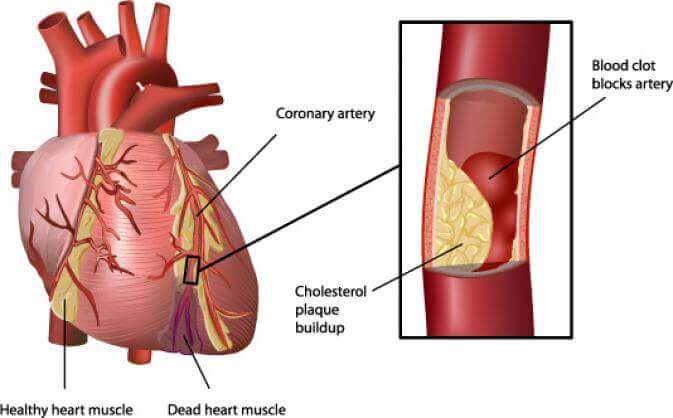Do Statin Drugs Cause Diabetes?
The FDA recently announced that all cholesterol-lowering statin medications must list hyperglycemia (or elevated blood sugar) as a side effect. Should you stop taking your statin?
Sanaz Majd, MD
Listen
Do Statin Drugs Cause Diabetes?

by Sanaz Majd, MD
If you’ve been listening to the news, reading the paper, talking to your friends, or perhaps simply breathing lately, you’ve likely heard about the latest controversy over statin drugs (medications used to treat elevated cholesterol) and their possible link to the development of diabetes. The FDA just announced that statins will now be required to list “hyperglycemia,” or the increase in blood sugar, as a possible side effect.
However, if you are taking these medications, your doctor has deemed it necessary for either preventing or treating heart disease. You’ve possibly been taking them for a long while, so should you now stop them?
Before you rush to your medicine cabinet and toss that bottle right into the toilet (which isn’t how you should be disposing of medications, anyway), I would like to dissect and discuss this issue in today’s episode.
Why Do People Need Statins?
Cholesterol helps clog arteries, and clogged arteries stop the flow of blood (and hence oxygen) to our organs, such as the heart and brain, and can cause heart attacks or strokes, respectively. Therefore, it’s really important to help de-clog and keep these blood vessels flowing. And there are currently no approved medications that do this better than statins.
Statins, such as lovastatin, atorvastatin, simvastatin, and pravastatin are the first line of defense against elevated LDL cholesterol (the “bad” type). In addition to treating elevated cholesterol in otherwise healthy individuals, in a certain subset of people that are considered to be at higher risk for cardiovascular disease, these drugs are also used for prevention of future heart attacks and strokes. These patients include people with prior history of heart attacks, strokes, kidney disease, peripheral arterial disease, and diabetes. Also, those with risk factors for heart disease, such as hypertension, cigarette smoking, being male, and an early family history of heart attacks, may also need to be treated more aggressively.
The bottom line: Studies have consistently shown that certain patients who take statins can decrease their risk of heart attacks and strokes significantly. So it’s an important group of drugs we are dealing with here. Stopping them should be a carefully-made decision with your doctor, and not to be taken lightly.
What Is the Controversy About?
According to the FDA, statins may increase blood sugar levels by 5 to 7 points, on average. We don’t know how or why they do this in some people and not others, but they do, however modestly it may be. It’s important to remember that if blood sugar levels reach a fasting level of 126 or higher consistently, then it is technically a diagnosis of diabetes. So for people who are right on the cusp, those 5-7 extra points can make a big difference in their health.
Up to 15% of patients on statins will develop diabetes. However, only about 1 in 500 new cases of diabetes out of this 15% will actually be caused by the statin itself. That’s not many people and rather uncommon.
Unfortunately, we don’t know if some statins do this more than others, or if the risk increases with increasing dosages. There are a lot of unanswered questions at this time.
What Should You Do?

However, it’s important to weigh the risks and benefits when making your decision. Consider your heart risk – if you’ve already had a heart attack or stroke, your chances of having another one may be higher than the unlikely 1 in 500 risk of developing diabetes while taking the statin. And if you suffer from chronic kidney disease, peripheral arterial disease, or diabetes itself, it’s important to know that the number one cause of death in these patients is actually cardiovascular disease. So is that infrequent possibility of increasing your blood sugar worth risking the clogging of your arteries when your heart risk is so high?
Whatever you do, before you make any decisions in either direction, it’s important to discuss your own risk factors with your personal physician and find your personal risk-to-benefit ratio.
What are your thoughts on this issue? Are you going to continue the statin or stop it? Share it with us on the House Call Doctor’s Facebook and Twitter pages!
Please note that all content here is strictly for informational purposes only. This content does not substitute any medical advice, and does not replace any medical judgment or reasoning by your own personal health provider. Please always seek a licensed physician in your area regarding all health related questions and issues.
If you have any suggestions for future topics you can email me at housecalldoctor@quickanddirtytips.comcreate new email. Hope you have a heart-healthy week!
Cardiovascular System image from Shutterstock
Human Heart Coronary Problem image from Shutterstock

